By Fran Wilson, Patrick Andrus and Laura Hudock on behalf of the Notables Committee For 27 years dedicated members of the Children’s Literature Assembly have served on the seven-member committee tasked with selecting 30 Notable Children’s Books in the Language Arts (NCBLA). While enthusiastic summaries of each title on the annual NCBLA list have been a highlight for readers of the Journal of Children’s Literature and Language Arts as well as for session attendees at the annual National Council of Teachers of English conference and Tucson Festival of Books, in coming months the instructional possibilities of selected NCBLA titles will now regularly feature on this blog. To launch this resource alongside the announcement of the 2024 NCBLA list, three current members Fran Wilson, a second-grade teacher in Madeira, Ohio and the 2024 NCBLA Chair, Patrick Andrus, a fourth-grade teacher in Eden Prairie, Minnesota and the 2025 NCBLA Chair, and Laura Hudock, an assistant professor of literacy and children’s literature at Framingham State University wish to pull back the so-called curtain to shed light on the selection process. All titles on the annual NCBLA list are works of fiction, nonfiction, and poetry penned for children in grades K-8 and published in the previous calendar year. These selected children’s books have to exemplify additional criteria, including
The exemplary children’s books named to each NCBLA list are high-quality texts that promote language arts and offer a range of literacy-related instructional possibilities. For example,
As we narrow down 768 prospective titles to a list of 30, the two *asterisked criteria often serve as our guiding light for envisioning instructional possibilities. Though we may anticipate a particular title’s positive reception to an audience of K-8 readers, we need to be certain that our assessments align with the responses of actual children. So, committee members often read aloud to their young children, grandchildren, K-8 students, and under/graduates enrolled in children’s literature and literacy courses. Patrick and Fran will highlight two ways we informally tested the asterisked criteria for titles published in 2023 and considered for the 2024 NCBLA list. Patrick’s Polling Insights During scheduled Zoom meetings each committee member nominates titles read to date as potential final selections based on NCBLA criteria, but we often wonder about how the intended audience of K-8 readers would receive these books. To help prioritize the target audience in committee discussions and voting, I (Patrick) have had the opportunity to share these nominated titles with my fourth-grade class. Throughout the past voting year, I tested out various picturebooks with this real-life "studio audience" to obtain a sampling of up to twenty-five elementary-aged readers’ honest, authentic opinions. I share one picture book each school day as part of my daily teaching routine. My fourth-graders become excited when they know I'm testing a picture book - they’re eager to contribute to the selection process and take this role seriously. My students offer their candid observations, inquiries, and themes related to these books. Many times after I finish one of the book selections, a student will shout out, “Now that is a five-star book!” or predict, “That one is going to be the winner this week.” At the end of the week, I collect their votes for the favorite picturebook of the week. Of note, some titles have been redacted. Of those deemed potential final selections for the NCBLA list by our committee, some fell flat with my students when real aloud while others delivered positive responses. Sometimes, quite surprisingly to our NCBLA committee, a title would receive overwhelmingly enthusiastic engagement compared to other contenders. The diverse preferences among my students, reflected in the voting screenshots I share with the committee via text messages, enrich our conversations and reaffirm our mission to select the thirty best titles each year. Fran’s Student-Initiated Persuasive Essays When I (Fran) shared A Few Beautiful Minutes: Experiencing a Solar Eclipse, a picturebook written by Kate Allen Fox and illustrated by Khoa Le, my second-graders quickly noticed that the endpapers had illustrations featuring the stages of a solar eclipse. They were not only mesmerized by the rich, descriptive text highlighting the observable changes happening over a few beautiful moments but also appreciated the colorful illustrations depicting people gathering to make once in a lifetime memories. Upon learning that a total solar eclipse would be visible in many parts of North America this year, they wanted to know if their city was in the path of totality. After some research, guess what they discovered? They live on the southern limit! After realizing the disappointment that April 8th was a school day, many students decided to voice their opinion–not just to me, but to my school district’s superintendent. Using information in the back matter and additional research, they wrote persuasive essays on why they should be released from school to experience the eclipse with their families. Here is a an example of a second grader’s two-page persuasive essay: [Insert Blog_Pic 4] Lo and behold, my superintendent called an early release on April 8th! My students have realized the power of voicing their opinion. Now, I can’t wait for them to learn the titles on the 2024 NCBLA Award list. These children will truly know that their opinions matter! Drumroll please…
As members of the 2024 NCBLA committee, we are privileged to serve alongside exemplary K-16+ educators. It
is our hope that with these shared insights into the selection process
and future blog posts about the instructional possibilities, you will be
inspired. Now, we present the 2024 list of Notable Children’s Books in Language Arts.
Fran Wilson is a second-grade teacher in Madeira, Ohio and the 2024 NCBLA Chai.
Patrick Andrus is a fourth-grade teacher in Eden Prairie, Minnesota and the 2025 NCBLA Chair. Laura Hudock is an assistant professor of literacy and children’s literature at Framingham State University. 2024 Notable Children’s Books in the Language Arts Selection Committee Members
By Kathryn Will, Michelle Ladd, and Calli LeachOur lives are full of many days, weeks, months, and seasons as the years stack up one after the other. Books can support children making connections to these patterns in their lives and developing connections to their families and the natural world around them. We have created a text set capturing the cyclical nature of time throughout our lives that invites children to lean into rich vocabulary, and the use of literary elements such as personification and metaphorical thinking as they develop their understanding of change over time. Teachers can easily deepen and extend the texts in various ways and we have gathered a few to get you started. This story examines the ties connecting us to our ancestors as it explores the relationship of a grandfather with his granddaughter, Emilia. One morning she finds a walnut on her nightstand, and it is the beginning of learning about the roots of her family’s story as time cycles through seasons and years. Grandpa teaches Emilia how to plant and nurture the seed as it grows, connecting her to those before her. Through this process Emilia discovers how the cycle of life is similar for nature and humans, and how the smallest of seeds can grow into a strong, healthy tree. Although her grandfather dies in the text, she is comforted by her connection to him and her ancestors through the burgeoning life of her own walnut tree. Felicita Sala’s illustrations are warm and inviting and capture the powerful emotions in the book. You may explore more about her work and illustrative process on her website. This video is another resource that allows children to watch a time-lapsed growth of a walnut: Told through the canoe’s perspective, the rich, beautiful, and descriptive language of this text takes the reader on a journey over a lifetime and beyond. First, throughout the life of a young boy who grows in skill and body through adventures outdoors in the canoe. He carefully wraps the canoe up for storage when he leaves to serve in the war, but does not return. After many years of storage (with plenty of wildland visitors over the years), the canoe hears the boathouse door creak open and the book ends with a young boy and his dad beginning the restoration process. Throughout the book, the reader experiences change over time of both people and their belongings as they grow older. Children will see how someone’s forgotten possessions can become another’s treasure. After reading the book, children might consider family heirlooms they have in their house, the people who had them before, and what was happening during the historical periods of the life of the object. This will allow them to make connections between the book and their lives as they ponder item representation and the values that they may hold. An interview with Anne Yvonne Gilbert is another resource that can give children additional information about her writing and illustrating processes. “Children are swept away on Mother Winter's long coattails” and are taken on a magical journey as they explore the wonders of the winter season. Throughout the book, Carroll incorporates metaphorical language in the rich poetic text. Readers are invited to explore the qualities of life winter brings while imagining a walk in the outdoors. If you are interested in learning about how James Christopher Carroll created the book, check out the video below. After reading the book, reread the text, pulling out the rich descriptions of winter as a class. Then, with consideration of the current season, go out for a walk, asking students to collect observations and noticings. Share these, thinking about the ways you might add descriptors and specificity to the collection. Use this rich word back to write a seasonal poem or a class book. The 2023 Notable Children’s Books in Language Arts Committee (NCBLA), read, reviewed, and discussed 651 books of various genres written for K-8 children in the past year. These works of poetry and prose were analyzed using the charge of the committee that asked us to consider the following when choosing the top 30 texts for grades K-8: 1. Appealing format, 2. Enduring quality, 3. Exemplary quality for their genre, and 4. Meeting one or more of the following: a. Use of language: play on words, word origins, history of language b. Uniqueness in use of language or style c. Invitation of child response or engagement We are really excited about the 2023 NCBLA list and hope you are too! Committee members: Kathryn Will, Chair, University of Maine Farmington Patrick Andrus, Eden Prairie School District, Minnesota Dorian Harrison, Ohio State University at Newark Joyce Herbeck, Montana State University Laura Hudock, Framingham State University, Massachusetts Lynette Smith, Walden University, Pennsylvania Fran Wilson, Madeira Elementary School, Ohio Kathryn Will is an Associate Professor of Literacy at the University of Maine Farmington (@KWsLitCrew). She is passionate about sharing the power of children's literature with her students, including the two listed below who assisted in the creation of this post and supported her work as the Chair of the 2023 NCBLA committee. Michelle Ladd is a preservice teacher at the University of Maine at Farmington. She is a nontraditional student and a mother to three young children. She hopes to one day inspire creativity and foster individuality in a PreK-3rd grade classroom. Calli Leach is a preservice teacher at the University of Maine at Farmington. She is passionate about helping her future students develop a love for reading and writing, as well as being a 4-H volunteer for the state of Maine. |
Authors:
|
CLA
About CLA
|
Journal of Children's Literature
Write for JCL
|
ResourcesCLA-sponsored NCTE Position Statements
|
Members-Only Content
CLA Video Library
|
© COPYRIGHT 2018.
ALL RIGHTS RESERVED |

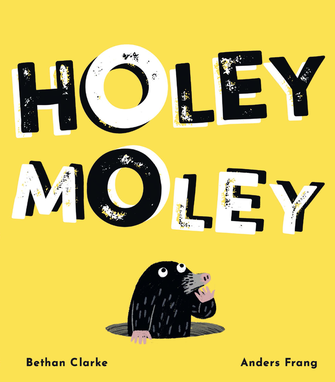
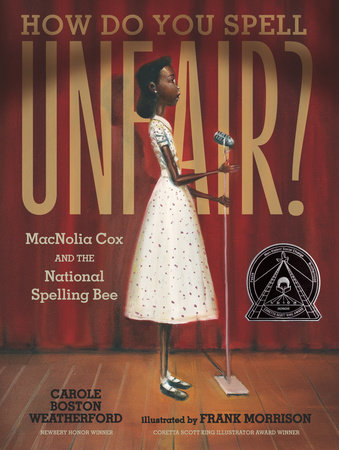
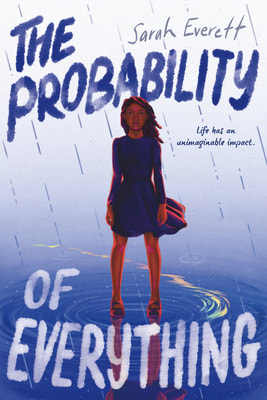
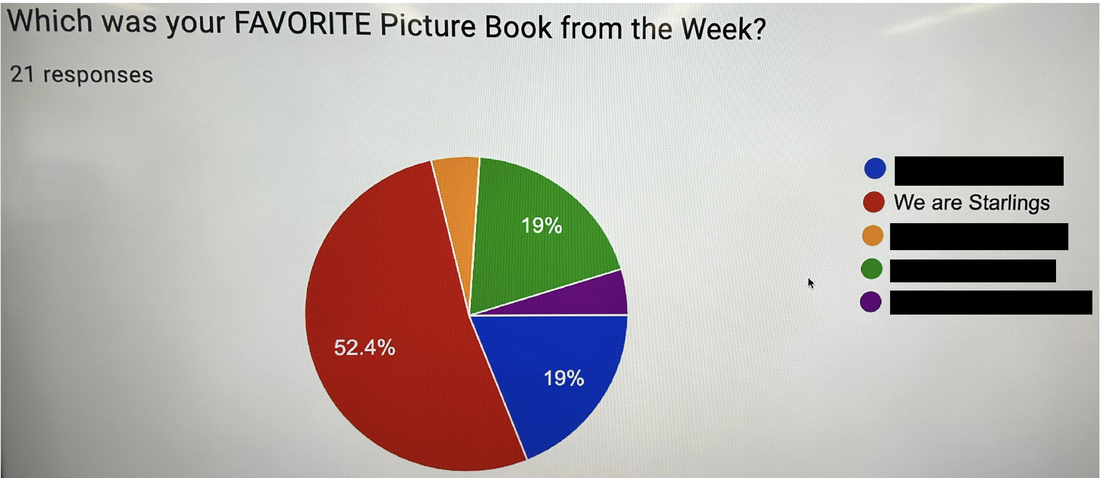
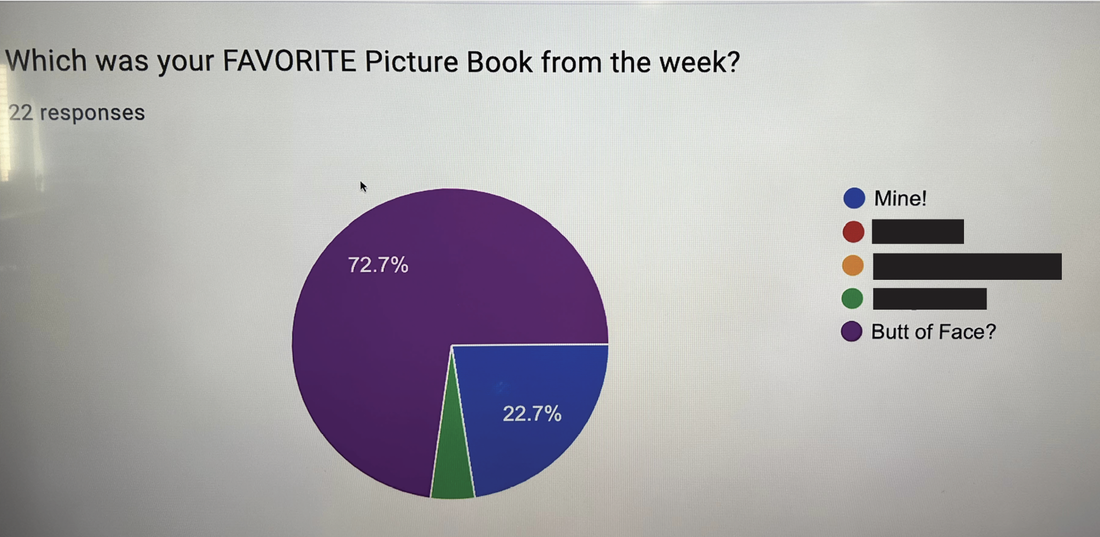
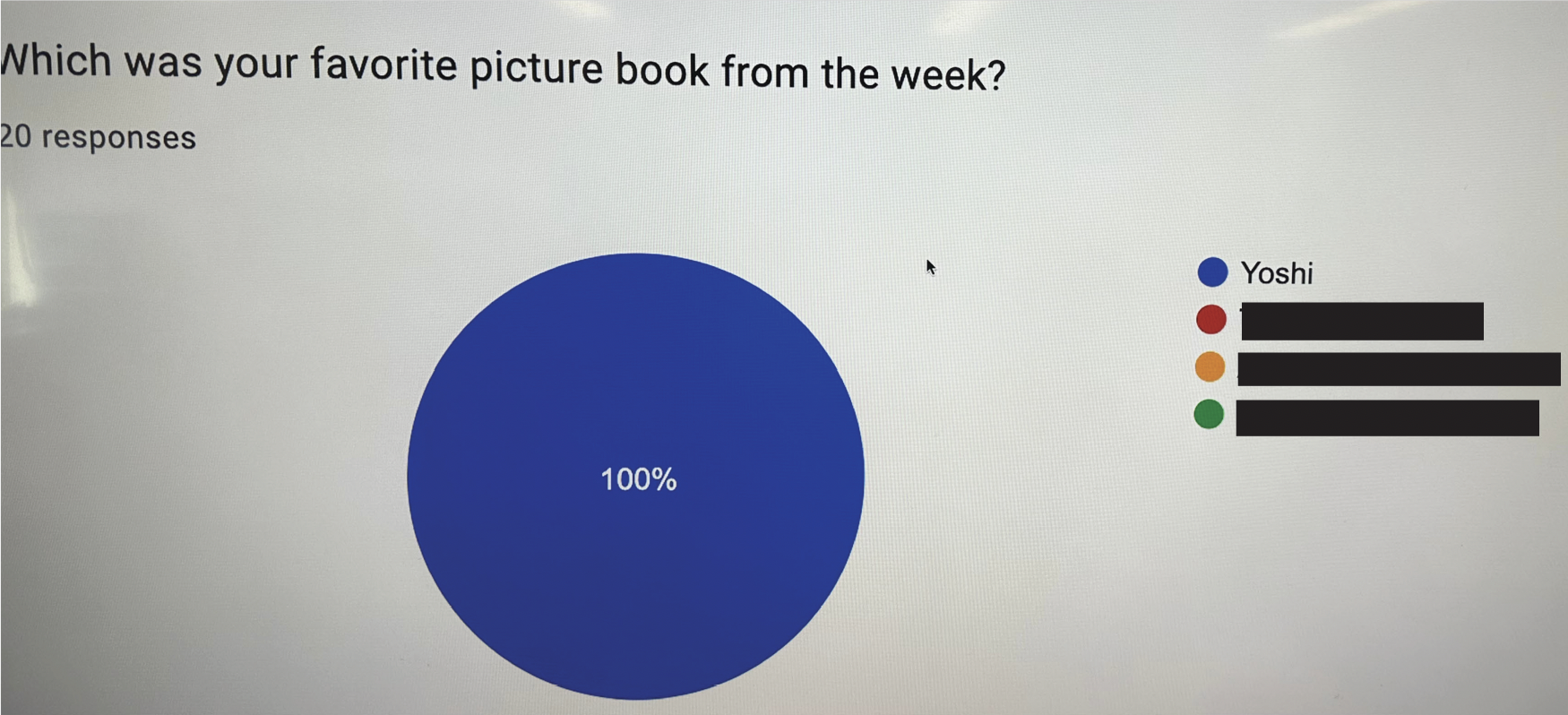
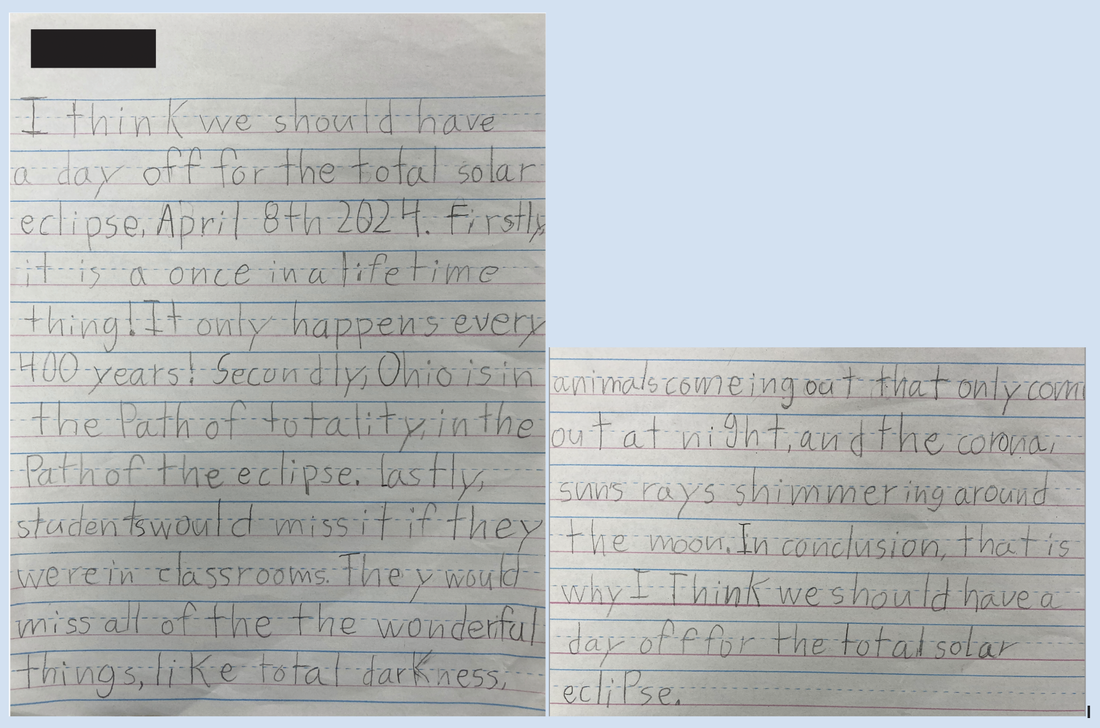
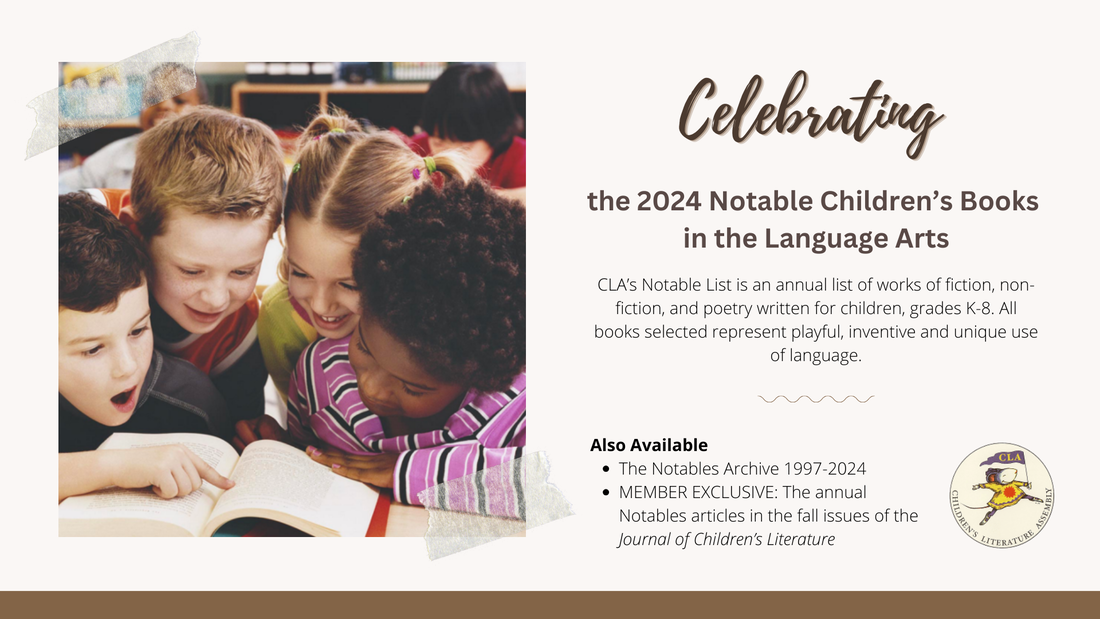
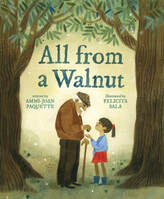
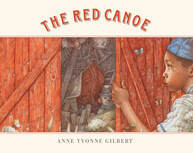
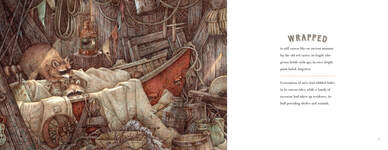
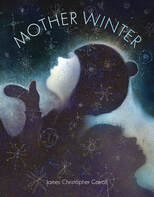
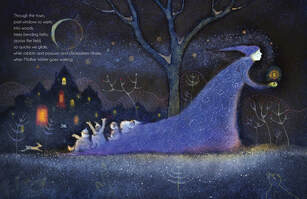
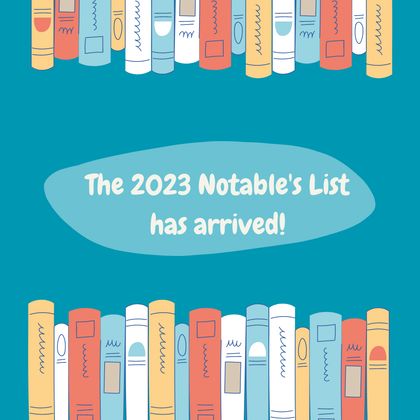
 RSS Feed
RSS Feed